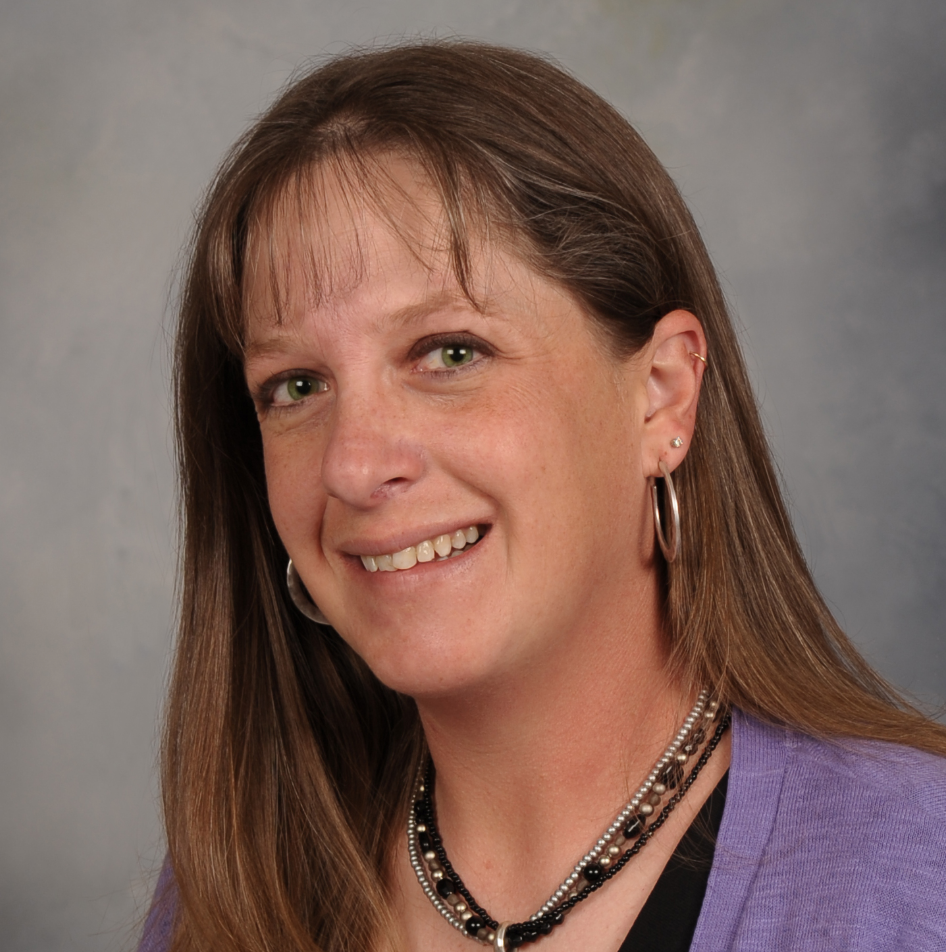
Fluctuating commodity prices, weather challenges and other factors mean farmers are used to a certain amount of stress. But the pandemic in the past year added that much more, according to a Kansas State University behavioral health specialist.
“Farming is difficult in the best of circumstances, and to add a layer of stress such as the pandemic makes it more difficult to do the work and to recover from a mental health perspective,” said Bradley Dirks, K-State Research and Extension Behavioral Health Specialist.
“There are so many things impacting our mental health in rural areas. It’s almost like a perfect storm,” said Dirks, who noted that everyone has a different response to stress.
Dirks noted that in rural communities and particularly in farming operations, people often work in solitary situations. Those stretches of time spent alone are typically balanced with church, school, community or other social gatherings. The pandemic made it difficult if not impossible to have that social balance, which further isolated many people.
That isolation plus mental health resources that are few and far between can magnify the problem for those seeking help. Even telehealth sessions with a counselor are difficult or non-existent for those lacking good broadband internet.
Dirks said some indications of stress include a lack of sleep, resulting in fatigue which magnifies everyday problems. Too many days like that result in a lack of concentration, irritability, anxiety, and changes in appetite which can cause further isolation. Some people turn to alcohol or other substances as a means to cope, which can further negatively impact our relationships.
“One of the things that makes us successful is our ability to power through. One of the things that impairs our ability to be healthy is our unwillingness to say we need help,” he said.
Part of the solution is to educate people, Dirks said. More than 50% of us will feel depressed or anxious at some point in our lives so we are not alone or unique in our struggles.
To help connect rural Kansans with resources, the K-State Research and Extension Stress and Resiliency Transdisciplinary Team was assembled.
“We’re in a great position with our extension agents and our extension system as a whole, to be able to identify the problem as well as be part of the solution,” Dirks said. The team works in both rural and urban areas.
Any group across the state – bank group, church group, or farm related organization -- can contact team members Rebecca McFarland at rmcfarla@ksu.edu or Rachael Clews at rclews@ksu.edu to request a one- to two-hour program on the topic of mental health.
Numerous people on the team have been trained in QPR (Question, Persuade and Respond), Dirks said. That program is focused on people who are potentially suicidal – those who see no way out. Some team members are also trained in what he called mental health first aid, not as therapists but to recognize what to do when they know someone is struggling.
Dirks encourages anyone who is struggling with mental health challenges or who knows someone who may be, to seek help.
Alicia Boor is an Agriculture and Natural Resources agent in the Cottonwood District (which includes Barton and Ellis counties) for K-State Research and Extension. You can contact her by e-mail at aboor@ksu.edu or calling 620-793-1910.






